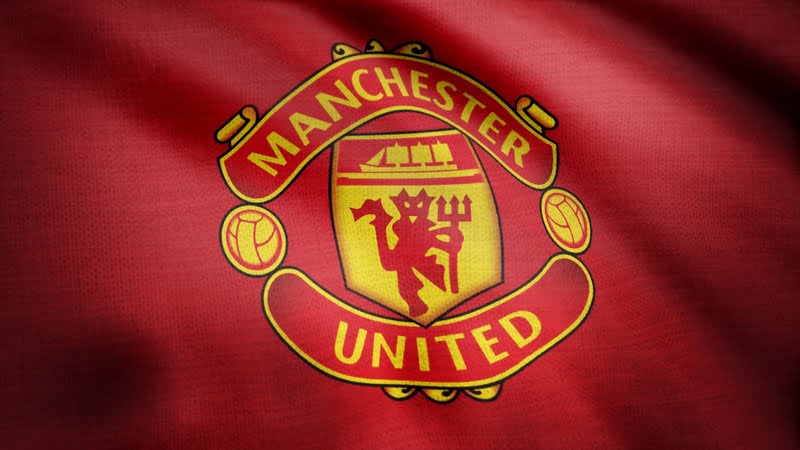Introduction to the connection between sports and alcohol addiction
Athletics and alcohol have long been intertwined, but the reality is stark: sports and alcohol addiction don’t mix. For many athletes, the pressures of competition can lead to unhealthy coping mechanisms. While a celebratory drink may seem harmless after a game, it can spiral into something much darker. Understanding this connection is essential for athletes at all levels, as well as their coaches and support systems.
As we dive deeper into this topic, we’ll explore how prevalent alcohol abuse is within the sports world. We will examine its detrimental effects on performance and discuss why using alcohol as an escape can be particularly dangerous for those in high-pressure environments. Personal stories from athletes who’ve battled these demons reveal just how serious the issue really is.
This blog aims to shed light on an important topic that deserves attention—helping ensure that our sports heroes remain healthy both physically and mentally while paving paths toward healthier alternatives.
The prevalence of alcohol abuse in the sports world
Alcohol abuse is alarmingly common in the sports world. Many athletes find themselves drawn into drinking culture, often as a way to celebrate victories or cope with losses. The pressure to perform can drive some towards alcohol as a means of escape. This creates an unhealthy cycle where drinking becomes normalized within teams and among fans.
Statistics reveal that professional athletes are not immune to addiction issues. Studies show higher rates of alcohol abuse in this community compared to the general population.
Athletes may struggle silently, thinking their careers depend on maintaining a tough exterior. When they turn to alcohol for relief from stress and anxiety, it can lead to devastating consequences both personally and professionally.
These patterns highlight a pressing need for awareness and change within sports organizations regarding alcohol use and its impact on mental health.
The impact of alcohol on athletic performance
Alcohol can significantly impair athletic performance. It affects coordination, balance, and reaction time. These skills are crucial for any athlete, whether on the field or in the gym.
Dehydration is another concern. Alcohol acts as a diuretic, leading to increased fluid loss. This can result in poor endurance during practices and competitions.
The recovery process also suffers from alcohol consumption. Muscle repair slows down when the body deals with toxins instead of focusing on healing.
Moreover, decision-making suffers under the influence of alcohol. Athletes may take unnecessary risks that could lead to injuries.
Indulging in alcohol not only hinders physical abilities but also undermines mental focus—two key elements that define success in sports.
The dangers of using alcohol as a coping mechanism for athletes
Athletes often face immense pressure. The demands of training, competition, and public expectations can be overwhelming. Unfortunately, some turn to alcohol as a way to cope.
Using alcohol for stress relief might seem like an easy escape. However, it often leads to deeper emotional and physical problems. What starts as occasional drinking can spiral into dependence.
Alcohol numbs feelings but doesn’t solve underlying issues. Athletes may find themselves trapped in a cycle of reliance that affects their performance and personal lives.
Moreover, this coping mechanism can hinder mental clarity and focus—essential traits for any athlete striving for success. When the body is fighting against the effects of alcohol, injuries become more likely.
The long-term consequences are daunting too—relationships deteriorate and career prospects fade away when addiction takes hold. It’s crucial that athletes recognize these dangers early on before they lose everything they’ve worked so hard to achieve.
Personal stories and examples of athletes struggling with alcohol addiction
Athletes often face immense pressure, and for some, alcohol becomes a way to cope. Take former NFL player Josh Gordon. His struggles with substance abuse are well-known. Despite his talent on the field, he faced multiple suspensions due to alcohol-related issues.
Then there’s tennis star Andre Agassi whose candid autobiography reveals battles not just with performance but also addiction. He openly discussed how he turned to substances during his career, impacting both personal and professional life.
Another poignant example is Olympic gold medalist Michael Phelps. After dominating in the pool, he found himself grappling with depression and resorted to drinking as an escape. This led him through rehabilitation twice.
These stories highlight that even elite athletes can fall prey to alcohol addiction despite their achievements, reminding us of the hidden struggles behind athletic success.
Resources and support for athletes facing addiction
Athletes facing alcohol addiction have access to various resources tailored specifically for their needs. Organizations like the Professional Athlete Transition Institute offer guidance, support, and advocacy for athletes in recovery.
Support groups can be invaluable. Programs such as Alcoholics Anonymous (AA) provide a safe space for sharing experiences and building camaraderie among individuals dealing with similar struggles.
Many sports teams now integrate mental health professionals into their coaching staff. These experts can help athletes navigate the complexities of addiction while emphasizing emotional well-being.
Online platforms also play a crucial role. Websites focused on recovery often include forums where athletes connect and share their journeys, fostering community support that is so vital during tough times.
Furthermore, helplines dedicated to substance abuse are just a phone call away, offering immediate assistance when needed most. It’s crucial to recognize that reaching out for help is a sign of strength, not weakness.
Conclusion: The importance of addressing alcohol abuse in the sports community and promoting healthier coping mechanisms for athletes
Addressing alcohol abuse in the sports community is vital for the well-being of athletes. The pressures and expectations placed on these individuals can be immense, often leading them to seek unhealthy coping mechanisms. Promoting healthier alternatives can create a culture that prioritizes mental health alongside athletic performance.
Athletes need support systems in place that encourage open discussions about struggles with addiction. Access to mental health resources, counseling, and peer support groups can help those who are dealing with alcohol-related issues. By fostering an environment where seeking help is normalized, we can reduce stigma and promote recovery.
Education plays a crucial role as well. Sports organizations should implement workshops focusing on the dangers of alcohol use and provide information on healthy coping strategies. This proactive approach not only helps prevent addiction but also promotes overall wellness among athletes.
It’s time for everyone involved in sports—from coaches to fans—to recognize that sports and alcohol addiction don’t mix. Together, we can build a supportive framework that empowers athletes to thrive both on and off the field without turning to substances like alcohol as a means of escape or celebration.
#FeaturedPost


